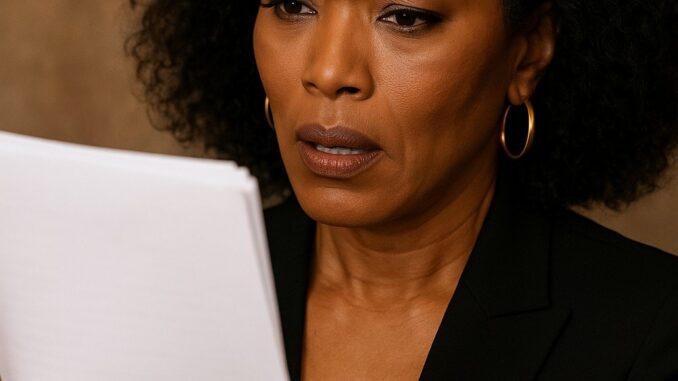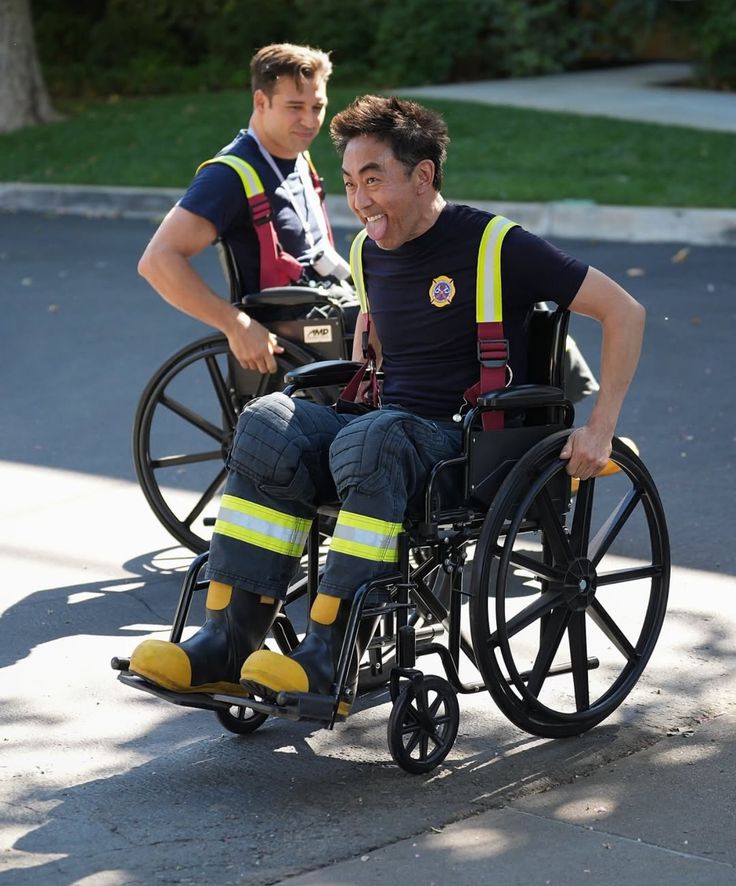
When Angela Bassett Sees a Script That Speaks to Her, What Happens Next
Have you ever wondered what goes on in the mind of one of Hollywood’s most powerful actresses, Angela Bassett, when a script lands on her desk? She’s not just reading; she’s evaluating, responding, filtering, and envisioning. Let’s pull back the curtain and see what her thought process might look like.
The First Impression—Script As Invitation or Red Flag
Is It Bold Enough to Grab Her Attention?
Right off the bat, Angela Bassett likely assesses whether the story has boldness, clarity, and originality. She’s not just looking for “another part”—she’s searching for a script that calls her in.
The Emotional Hook: Does It Resonate?
Scripts that stir emotion—anger, grief, joy, transformation—will cause her to lean in. If there’s no emotional center, it might go straight into the “hard pass” pile.
Voice, Tone, and Character Consistency
She’ll check whether the dialogue and characters feel real, true, and sustainable. Are the voices unique? Do the characters behave consistently? If not, the script loses momentum.
Filter #1 — Does It Serve Her Ethos & Legacy?
Alignment With Her Brand as an Actress
Angela Bassett has built a reputation for playing strong, empowered, nuanced women. She probably asks: Does this role honor my legacy? Does it advance the conversation?
Avoiding Stereotypes and Shallow Tropes
If the role leans into stereotypes without depth, she might reject it outright. She’s looking for layered humanity, not caricatures.
Filter #2 — The Script’s Structural Integrity
Narrative Arc and Pacing
Even the best concept fails without good structure. She’ll check whether the act breaks land, tension escalates, resolutions feel earned.
Scene Economy and Sharp Dialogue
Does every scene earn its place? Is dialogue purposeful—not just filler? Scripts that meander tend to lose her.
Subtext and Symbolism
She’ll be on the lookout for subtext, metaphors, and deeper meaning. If a story is just surface-level, it won’t sustain her.
Character in Focus—Is This Woman Worth Playing?
Complexity, Conflict, and Growth
The characters who captivate Bassett are ones who change, clash, transform. Static characters won’t cut it.
Moral Ambiguity and Inner Struggles
Roles that are purely “good” or purely “bad” rarely excite. She’ll favor moral complexity, internal struggles, flawed beauty.
The Team Behind the Script
Writer, Director, Producer Track Record
She’ll likely check who’s behind the story. Are they trustworthy? Do they have a vision? Is there a shared value system?
Potential Collaboration Chemistry
If she senses synergy—or tension—with the team, that may tip her decision. She’ll ask: Can I trust them to bring this to life well?
Market Viability and Impact
Who Is the Audience? Is There Demand?
She’ll think beyond artistry. Is there an audience? Will this resonate? Does this film or series have staying power?
Awards, Legacy, and Cultural Impact
She may consider whether the project has potential for impact—not just box office, but awards, discourse, legacy.
Practicalities: Scheduling, Budget, And Logistics
Time Commitment vs. Career Priority
If filming this project locks her schedule for a year, is the trade-off worth it? She’ll balance passion with practical limitations.
Budget, Resources, and Production Quality
No matter how brilliant the script, if production seems under-resourced, she might hesitate. She wants it done well.
Her Gut Overrules All Else—Intuition Matters
Even if everything checks out, Angela Bassett is likely to rely on intuition. The script must feel right. If it doesn’t excite her in the core, she’ll pass.
Let’s Reconstruct That Inner Monologue
“Am I Seeing Myself in Her?”
She probably asks: Do I see myself, or someone I want to become, in this story?
“Will I Grow as an Artist?”
She’s always pushing herself forward. If the role doesn’t challenge her, she may skip it.
“Is This Worth My Time and Energy?”
She considers opportunity cost. Is this role more deserving than something else she can do within the same timeframe?
Examples of Scripts That Likely Passed Her Test
Biopics or Historical Dramas
She’s known for roles in stories about real people or historical events—roles that offer both scope and gravity.
Socially Conscious, Character-Driven Projects
Projects that confront inequality, identity, resilience—these types of stories are close to her radar.
How This Applies to Actors & Creators Reading This
Write Roles That Invigorate, Not Stereotypes
If you’re writing a script for someone of Bassett’s caliber, create characters with depth. Don’t rely on cliches.
Use Structure, But Infuse Heart
Your script must be structurally sound, but also emotional, poetic, surprising.
Be Intentional With Every Line
Treat every scene, every line, every moment as essential. If one moment is wasted, it chips away credibility.

SEO & Marketing Metadata for This Article
-
Primary Keyword: Angela Bassett script reaction
-
Secondary Keywords: Angela Bassett choosing scripts, how actors evaluate scripts, Angela Bassett decision on roles, script tips for high-end actors
-
Meta Description (Under 160 characters): Explore how Angela Bassett reacts when she reads a script—what she looks for, what she rejects, and how she decides her next role.
Conclusion
When a script lands in Angela Bassett’s hands, it isn’t just a collection of pages—it’s a test. It must speak with conviction, challenge her, align with her values, and carry emotional weight. She seeks stories that resonate, roles that expand, teams she can trust, and impact that lasts. Many scripts arrive; few survive her filter. And that level of selectivity is exactly what has made her career extraordinary.
If you’re a writer, director, or actor aiming for that level of craft, embrace the same rigor. Write with purpose. Build depth. Trust your inner voice. Create stories that leave even you breathless.